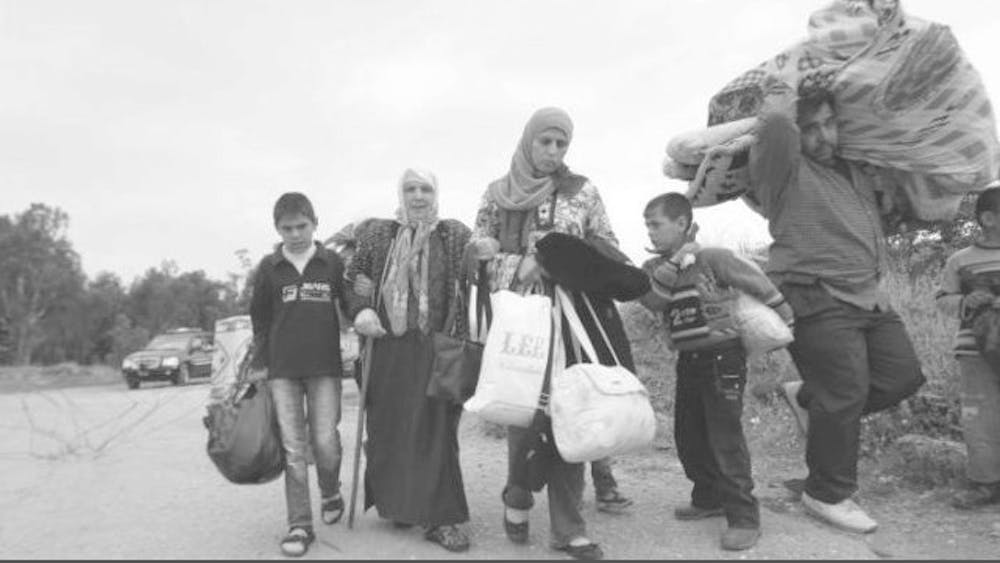By Joseph Johns | Echo
Twenty-six state governors issued statements within the last week objecting to admitting Syrian refugees into their respective states after the Parisian attacks last Wednesday.
The attacks, concurrent with an ISIS video in which the terrorist group threatened to attack Washington, D.C., have proliferated fears of another attack if the U.S. were to fulfill its promise of admitting 10,000 Syrian refugees by the end of Fiscal Year 2016.
Two major positions emerge from the refugee issue, the moral and national security positions.
The moral position holds that the United States, because of its national privilege, should be the benefactor to these Syrian refugees. The proponents of this argument cite the long history of supporting those fleeing from tragic events.
The national security position builds from the idea that our founding documents give us a legal and ethical right to uphold those principles if we have agreed to live peaceably under them.
For example, the Declaration of Independence says that every man is born with the right to life, liberty and the pursuit of happiness. The state governors recognize that these rights cannot be fulfilled if we overburden our country with refugees, some of whom could or have already become radicalized.
The majority of the twenty-six governors objecting do so on the grounds of national security. Indiana Governor Mike Pence said his first responsibility is to ensure the safety and security of all Hoosiers.
The fear is that ISIS terrorists might pose as Syrian refugees.
The states are prevented from participating in the Syrian refugee settlement plans because of a federal law known as the The Refugee Act of 1980.
International law does allow the United States to return refugees to their country of origin in three specific cases. The first is if the refugee may pose a danger to the security of the country in which he or she is present. The second is in the case of serious criminal judgements against the refugee. The third is if the refugee commits an act "against peace, a war crime, or a crime against humanity that would pose a danger to the country of admittance."
The United States has the right and the duty, as acknowledged by President Barack Obama last Wednesday, to protect its people, yet it must find a way to bridge the gap between the refugee problem and its own national interests as expressed through the states.





